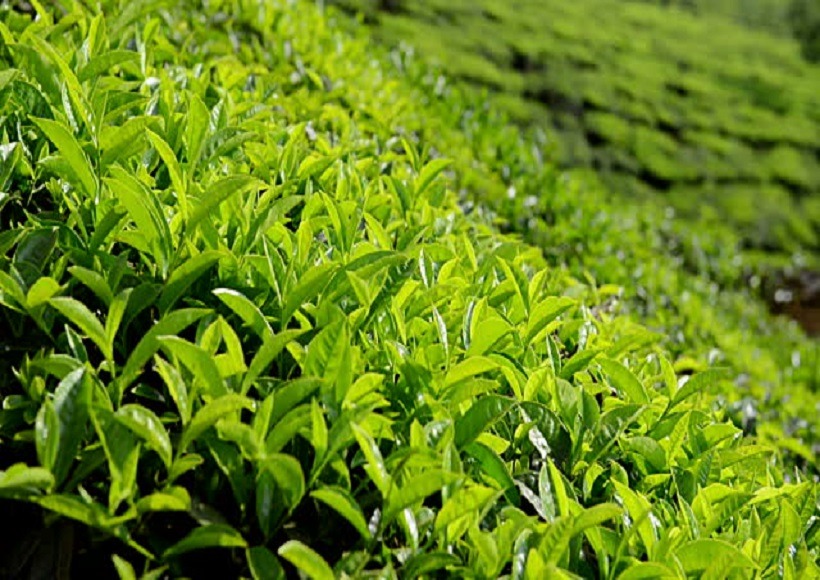ISLAMABAD: Pakistan can reduce its import bill by exploiting its great potential for growing tea on a large scale, WealthPK reports.
Tea is one of the most important high-value cash crops. Despite its low cost, tea is the most popular beverage in Pakistan. The country has great potential for tea plantation on a large scale.
Abdul Waheed, Director of National Tea and High-Value Crops Research Institute Shinkiari, told WealthPK that the current rate of population growth showed that demand for tea would continue to increase over time, putting a strain on limited foreign exchange resources.
He said that Pakistan’s total import bill for tea in the fiscal year 2022 was more than $590 million.
According to a recently-conducted survey, there is a huge potential for tea cultivation in Pakistan. It says that 158,000 acres of land in Khyber Pakhtunkwa and 4,000 acres in Azad Jammu and Kashmir are suitable for tea plantation, which can not only meet the local demand but can be also exported to other countries.
Abdul Waheed said that more than 15 tonnes of locally produced and processed green tea was exported to Japan during the last three to four years.
“Tea plants can be raised both from seed and cuttings. In Tea World, tea has initially been raised through seeds because of the economic ease with which its plantation is expanded,” said the director of the research centre.
Many countries like China, India, and Sri Lanka, the world-known tea producers for centuries, still raise more than 75% of tea through seeds. Due to high population pressure coupled with the low economic condition, Pakistan presently needs to grow tea. The country also needs to increase the yield of all agricultural commodities.
“Historically speaking, nations of the world have always gained self-sufficiency in quantities first before becoming quality conscious. Thus, tea quantity in the shortest possible time can be economically obtained from tea seeds and not from cuttings,” Abdul Waheed told WealthPK.
According to the Food and Agriculture Organisation of the United Nations, tea is one of the most important cash crops and plays a significant role in rural development, poverty reduction and food security in exporting and developing countries. It is a principal source of livelihood for millions of people.
-INP






